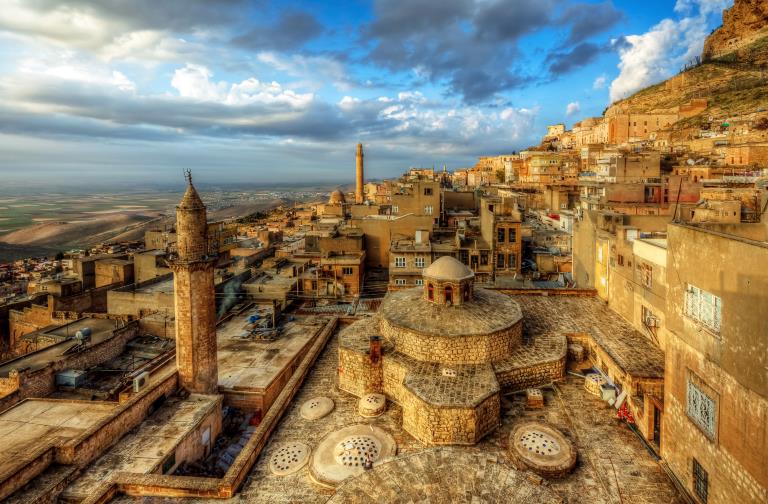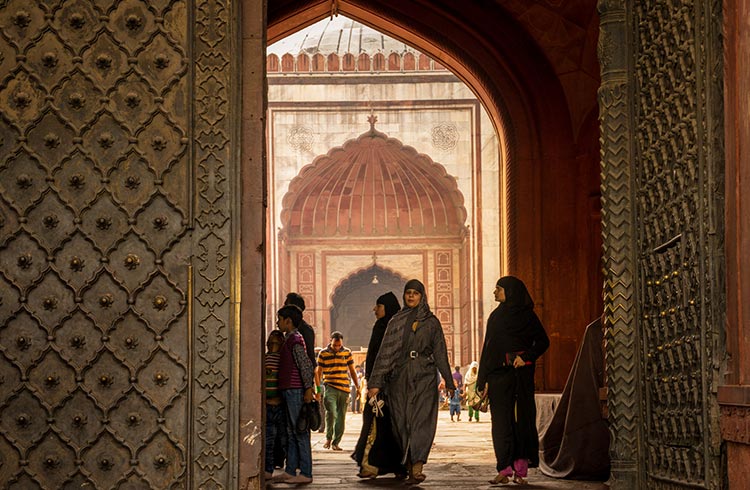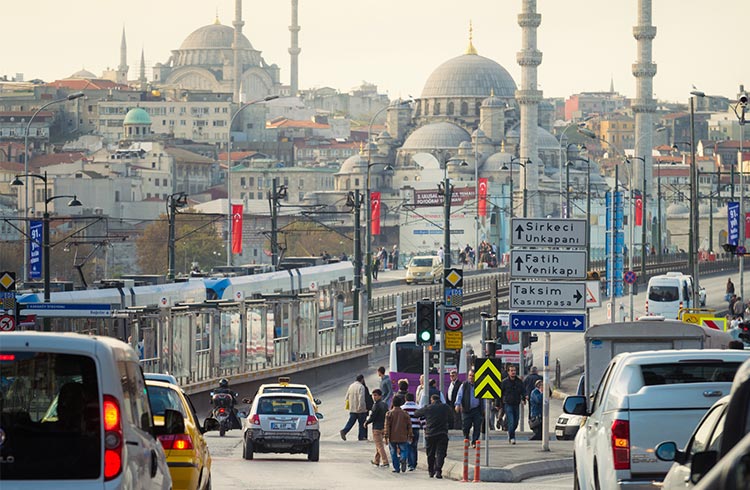5 Things to Know Before Traveling to Turkey
From Turkish culture and local etiquette, to what to wear, to making sure you have enough cash, Istanbul local Lisa shares what to know before visiting Turkey.
 Photo © Getty Images/skaman306
Photo © Getty Images/skaman306
Turkey's wealth of historical sites, diverse landscapes, adventure activities, rich culture and delicious food make it an extremely rewarding place to explore. Before you set off to see the mosques in Istanbul, landscapes of Cappadocia, and ancient ruins of Ephesus, here are five handy travel tips to make the most of your visit to Turkey.
1. Are Turkish people friendly?
Yes! Turkish people are incredibly friendly, love to help, and are very inquisitive. They often ask questions such as “How old are you?” or “How much money do you earn?” that can feel invasive, and staring is common. On a 10-hour bus ride, the headscarf-wearing village woman next to me gazed unblinkingly at my blue eyes the for the entire trip.
Anything marking you as different – skin color, hair, clothing – makes you an object of fascination, especially outside urban areas. I try to respond with good grace because Turks have a genuine desire to know about foreign life, but you don’t have to answer or engage more than feels comfortable.
2. A few Turkish words and phrases go a long way
Outside the tourist areas, even in big cities, not many people speak English, so having some Turkish language basics is really useful. If you receive an invitation to a local family home for Turkish coffee or tea, knowing even a few words is much appreciated. However, some unscrupulous people take advantage of that friendly nature.
Understanding Turkish non-verbal communication is essential, particularly when it comes to saying no. Turkish hospitality means you’re offered more food and drink than you want. To stop the flow, simply put your hand on your heart as you say no. If you’re being pressured to buy something or give money and saying no hasn’t worked, tilt your head up and back while making a brisk tsk sound with your tongue. It might feel rude to do so, but it works.
3. Currency, costs, tipping, and bargaining
Travel with a mixture of cash (in small denominations), an ATM card, and a credit card. Travelers’ checks are no longer common. US Dollars and Euro are the easiest currencies to convert into Turkish lira and change offices offer the best exchange rates. There are many ATMs throughout Turkey but check with your own bank beforehand about overseas withdrawal fees. Always carry cash on you, in case you can’t find a machine that accepts your card.
Good service is the norm in Turkey but wait staff don’t earn much, so tipping is welcomed; 10-15% is usual in upmarket restaurants, but I always leave something at small, family-run neighborhood places too. Round up the fare for taxi drivers or add an extra US $1-2 (8.40-16.80tl) if they help with your bags. Note: Turkish lira is quite volatile at the time of this writing, so this currency conversion is approximate.
Always check prices – on menus before ordering, and the bill or taxi meter before paying – and query any discrepancies. Some negotiation is usual in carpet shops, so first learn the price and currency they’re quoting. It’s perfectly all right to ask for a better price. If that fails, stand up and say you’re running out of time before checking one last time if that’s the very best they can do. The main thing is to buy something because you love it. My house is full of carpets I’ve bought in Turkey. Looking at them still makes me smile, while the memory of what I paid is long forgotten.
4. How to dress appropriately in Turkey
Turkey’s population is 99% Muslim, so religious beliefs influence a lot of the daily behavior and customs you’re likely to experience, be it in cosmopolitan centers or traditional rural communities. This doesn’t mean women traveling in Turkey have to cover from head to toe, but being aware of proper etiquette and dressing modestly helps you avoid unwanted attention.
A scarf is the perfect multi-purpose go-to. You can drape it around your shoulders if you’re feeling a bit exposed, or when the temperature drops. Use it to cover your hair when you want to enter a mosque and keep a bag handy in your purse to carry your shoes – you’ll have to take them off to enter.
5. Traditional Turkish toilets
While most Turkish hotels, museums, and restaurants have western-style toilets, you'll frequently encounter squat toilets on your travels. I prefer them because they’re often cleaner. The floor of the stalls is sometimes wet but don’t worry, it’s just clean water that’s been splashed around. They have a tap with running water (bidet) installed next to the squat area as Turks generally use water instead of paper, so remember to keep a packet of tissues in your bag. Hand sanitizer is a good idea, too.
If you’re wearing long pants, you might want to roll up the cuffs, and wearing jumpsuits is not advised. After you back into the stall, remove any objects from your pockets before you squat – likewise sunglasses perched on your head or hooked over your shirt front. If you forget, good luck retrieving them.
The majority of public toilets in Turkey charge a small fee so it’s wise to carry change. Most mosques have toilets (some of them free), so you’ll never be caught short.
Related articles
Simple and flexible travel insurance
You can buy at home or while traveling, and claim online from anywhere in the world. With 150+ adventure activities covered and 24/7 emergency assistance.
Get a quote


11 Comments